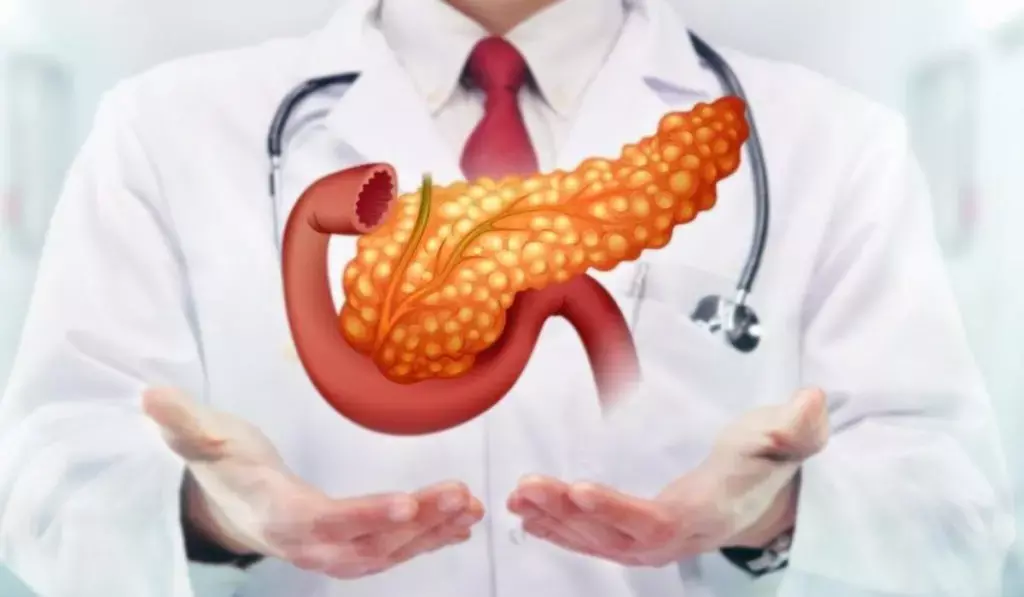- Home
- Medical news & Guidelines
- Anesthesiology
- Cardiology and CTVS
- Critical Care
- Dentistry
- Dermatology
- Diabetes and Endocrinology
- ENT
- Gastroenterology
- Medicine
- Nephrology
- Neurology
- Obstretics-Gynaecology
- Oncology
- Ophthalmology
- Orthopaedics
- Pediatrics-Neonatology
- Psychiatry
- Pulmonology
- Radiology
- Surgery
- Urology
- Laboratory Medicine
- Diet
- Nursing
- Paramedical
- Physiotherapy
- Health news
- Fact Check
- Bone Health Fact Check
- Brain Health Fact Check
- Cancer Related Fact Check
- Child Care Fact Check
- Dental and oral health fact check
- Diabetes and metabolic health fact check
- Diet and Nutrition Fact Check
- Eye and ENT Care Fact Check
- Fitness fact check
- Gut health fact check
- Heart health fact check
- Kidney health fact check
- Medical education fact check
- Men's health fact check
- Respiratory fact check
- Skin and hair care fact check
- Vaccine and Immunization fact check
- Women's health fact check
- AYUSH
- State News
- Andaman and Nicobar Islands
- Andhra Pradesh
- Arunachal Pradesh
- Assam
- Bihar
- Chandigarh
- Chattisgarh
- Dadra and Nagar Haveli
- Daman and Diu
- Delhi
- Goa
- Gujarat
- Haryana
- Himachal Pradesh
- Jammu & Kashmir
- Jharkhand
- Karnataka
- Kerala
- Ladakh
- Lakshadweep
- Madhya Pradesh
- Maharashtra
- Manipur
- Meghalaya
- Mizoram
- Nagaland
- Odisha
- Puducherry
- Punjab
- Rajasthan
- Sikkim
- Tamil Nadu
- Telangana
- Tripura
- Uttar Pradesh
- Uttrakhand
- West Bengal
- Medical Education
- Industry
Triglycerides to HDL cholesterol ratiomay reliably predict hyperlipidaemic acute pancreatitis

CHINA: According to a study published in the Journal of Hepato-Biliary-Pancreatic Sciences, the ratio of triglycerides to high-density lipoprotein cholesterol (TG/HDL-C) is strongly linked to the severity of hyperlipidemic acute pancreatitis (HTGP) and may be used as a definitive indicator of severe HTGP.
Acute pancreatitis brought on by hyperlipidemia is becoming more common. To increase patient prognosis and lower mortality, it's critical to make a prompt and simple determination of the severity of hyperlipidemic acute pancreatitis (HTGP). As per earlier research, acute pancreatitis and insulin resistance (IR) are related.
The goal of the study was to determine whether the triglyceride to high-density lipoprotein cholesterol (TG/HDL-C) ratio and HTGP are correlated.
The institutional pancreatitis database was accessed for this purpose in order to gather the patients' laboratory and clinical parameters. 134 (46.2%) of the 290 patients had a diagnosis of severe HTGP. The effectiveness of four clinical grading systems— Ranson's Criteria, Acute Physiology and Chronic Health Evaluation II (APACHE II), the Bedside Index for Severity in Acute Pancreatitis (BISAP), and Marshall. —as well as risk factors for the severity of HTGP were assessed using univariate and multivariate logistic regression analyses.
Major highlights of the study:
- In comparison to the mild HTGP subgroup, the moderate-to-severe HTGP subgroup had a greater TG/HDL-C ratio.
- The TG/HDL-C ratio exhibited the largest area under the curve (AUC) (0.727, 95% CI, 0.571-0.701) among the independent risk indicators, such as amylase, albumin, aspartate transaminase (AST), systemic inflammatory response syndrome (SIRS), and TG/HDL-C ratio.
- The TG/HDL-C ratio has a substantially better prognostic ability when compared to other clinical grading systems.
A simple marker of severe HTGP could be the TG/HDL-C ratio, which has a positive correlation with the condition's severity, concluded the researchers.
REFERENCE
Su, N., Zhu, Y., Peng, Y., Xia, W., Chen, L., Yu, H., Shi, L., Yang, Y. and Huang, Y. (2022), Triglycerides to high-density lipoprotein cholesterol (TG/HDL-C) ratio is an independent predictor of the severity of hyperlipidaemic acute pancreatitis. J Hepatobiliary Pancreat Sci. Accepted Author Manuscript. https://doi.org/10.1002/jhbp.1281
Dr Kamal Kant Kohli-MBBS, DTCD- a chest specialist with more than 30 years of practice and a flair for writing clinical articles, Dr Kamal Kant Kohli joined Medical Dialogues as a Chief Editor of Medical News. Besides writing articles, as an editor, he proofreads and verifies all the medical content published on Medical Dialogues including those coming from journals, studies,medical conferences,guidelines etc. Email: drkohli@medicaldialogues.in. Contact no. 011-43720751


